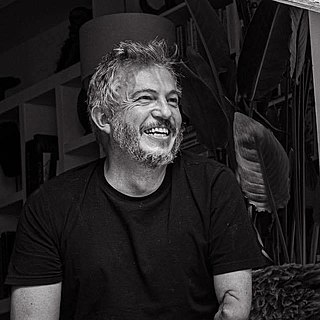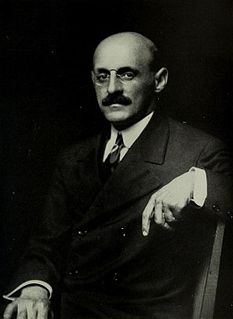A Quote by John Forbes Nash
Gradually I began to intellectually reject some of the delusionally influenced lines of thinking which had been characteristic of my orientation. This began, most recognizably, with the rejection of politically-oriented thinking as essentially a hopeless waste of intellectual effort.
Related Quotes
When I began to listen to poetry, it's when I began to listen to the stones, and I began to listen to what the clouds had to say, and I began to listen to others. And I think, most importantly for all of us, then you begin to learn to listen to the soul, the soul of yourself in here, which is also the soul of everyone else.
There was a time I was no longer going to be black. I was going to be an 'intellectual.' When I was first looking around for colleges, thinking of colleges I couldn't afford to go to, I was thinking of being a philosopher. I began to understand then that much of my feelings about race were negative.
I began to hear what I was being taught about God, by the priest and my parish, and my exterior teaching did not coincide, did not match up, with my interior reality. And as they were teaching me about that God I was thinking: Who are they talking about? This was not how I experienced God. I gradually began to move away from the God of organized religion.
As soon as a thought or word becomes a tool, one can dispense with actually 'thinking' it, that is, with going through the logical acts involved in verbal formulation of it. As has been pointed out, often and correctly, the advantage of mathematics - the model of all neo-positivistic thinking - lies in just this 'intellectual economy.' Complicated logical operations are carried out without actual performance of the intellectual acts upon which the mathematical and logical symbols are based. ... Reason ... becomes a fetish, a magic entity that is accepted rather than intellectually experienced.
It's interesting how many science fiction writers get going when they are very young. I was on a program with Greg Bear and he mentioned that he had gotten started writing when he was eight. And I began writing when I was 10. I think we're influenced by the stuff, we find it and we love it and we're influenced by it....I know I collected my first rejection slip when I was 13, and I went on collecting them for a long time after that.
Some people are aware of another sort of thinking which... leads to those simple ideas that are obvious only after they have been thought of... the term 'lateral thinking' has been coined to describe this orther sort of thinking; 'vertical thinking' is used to denote the conventional logical process.
Politically, the goal of today’s dominant trend is statism. Philosophically , the goal is the obliteration of reason; psychologically , it is the erosion of ambition. The political goal presupposes the two others. The human characteristic required by statism is docility, which is the product of hopelessness and intellectual stagnation. Thinking men cannot be ruled; ambitious men do not stagnate.
Curiosity, which may or may not eventuate in something useful, is probably the most outstanding characteristic of modern thinking ... Institutions of learning should be devoted to the cultivation of curiosity, and the less they are deflected by the consideration of immediacy of application, the more likely they are to contribute not only to human welfare, but to the equally important satisfaction of intellectual interest, which may indeed be said to have become the ruling passion of intellectual life in modern times.






































